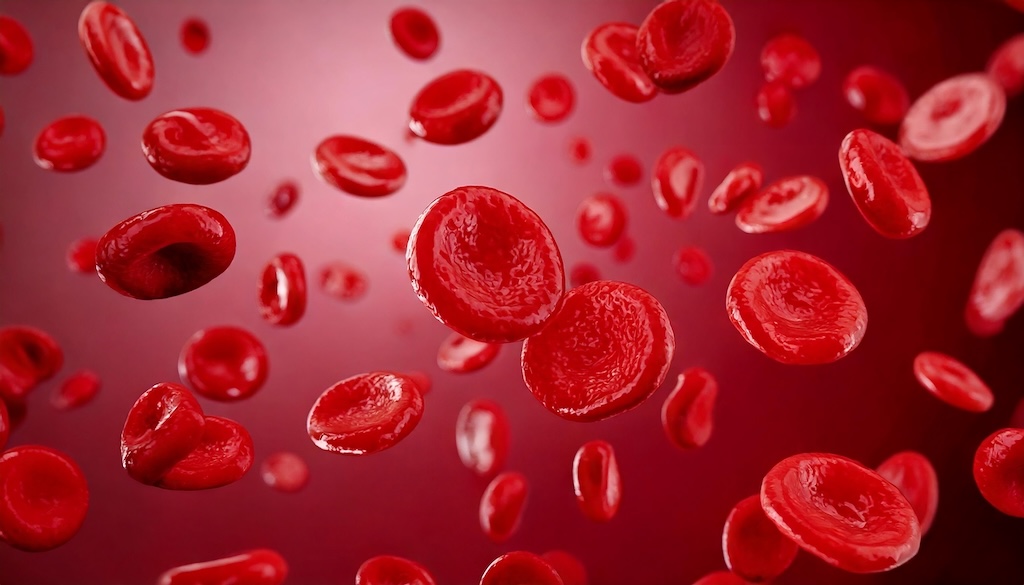

Blood disorders in dogs can arise from a variety of causes, including infections, genetic conditions, or underlying health issues. Recognising the symptoms early and understanding the potential causes can help ensure your dog receives timely and effective treatment.
Symptoms of Blood Disorders in Dogs
Keep an eye out for these common signs of blood-related health issues:
- Pale gums or mucous membranes
- Lethargy or general weakness
- Rapid or laboured breathing
- Increased heart rate
- Easy bruising or unexplained bleeding
- Swollen or painful joints
- Loss of appetite
- Unintended weight loss
Common Blood Disorders in Dogs and Their Treatments
1. Anaemia
Anaemia is a reduction in red blood cells or haemoglobin, often caused by blood loss, red blood cell destruction (hemolysis), or reduced production. Treatment varies depending on the cause and may include:
- Blood transfusions
- Medications to address underlying conditions
- Supportive care
2. Haemophilia
Haemophilia is a genetic condition that affects the blood’s ability to clot, leading to excessive bleeding. Treatment typically involves:
- Administering clotting factor concentrates
- Blood transfusions as needed
- Managing bleeding episodes
3. Thrombocytopenia
This condition involves a decrease in platelets, which can result in abnormal bleeding and bruising. Treatment may include:
- Immunosuppressive medications
- Blood transfusions
- Addressing the underlying cause
4. Immune-Mediated Haemolytic Anaemia (IMHA)
IMHA occurs when the immune system attacks and destroys red blood cells, leading to anaemia. Treatment options often include:
- Immunosuppressive medications
- Blood transfusions
- Supportive care to stabilise the condition
5. Leukaemia
Leukaemia is a cancer of white blood cells that can affect the bone marrow and other organs. Treatment depends on the type and severity of the disease and may involve:
- Chemotherapy
- Radiation therapy
- Bone marrow transplantation
How to Prevent Blood Disorders in Dogs
While some blood disorders are genetic and unavoidable, preventative care can help minimise risks associated with infections and other triggers.
- Regular Veterinary Check-ups: Routine health checks can help detect blood disorders in their early stages.
- Parasite Prevention: Keep your dog on a consistent parasite prevention programme to reduce the risk of bloodborne illnesses like heartworm or tick-borne diseases.
- Vaccinations: Ensure your dog is fully vaccinated to protect against infections that could lead to blood disorders.
- Balanced Diet: Provide a nutritious, well-balanced diet to support your dog’s immune system and overall health.
Protecting Your Dog’s Blood Health
By recognising the signs of blood disorders and seeking veterinary care promptly, you can help safeguard your dog’s health and quality of life. Preventative measures, such as regular check-ups, parasite control, and proper nutrition, play a crucial role in reducing the risk of blood-related issues and ensuring your dog’s well-being.
